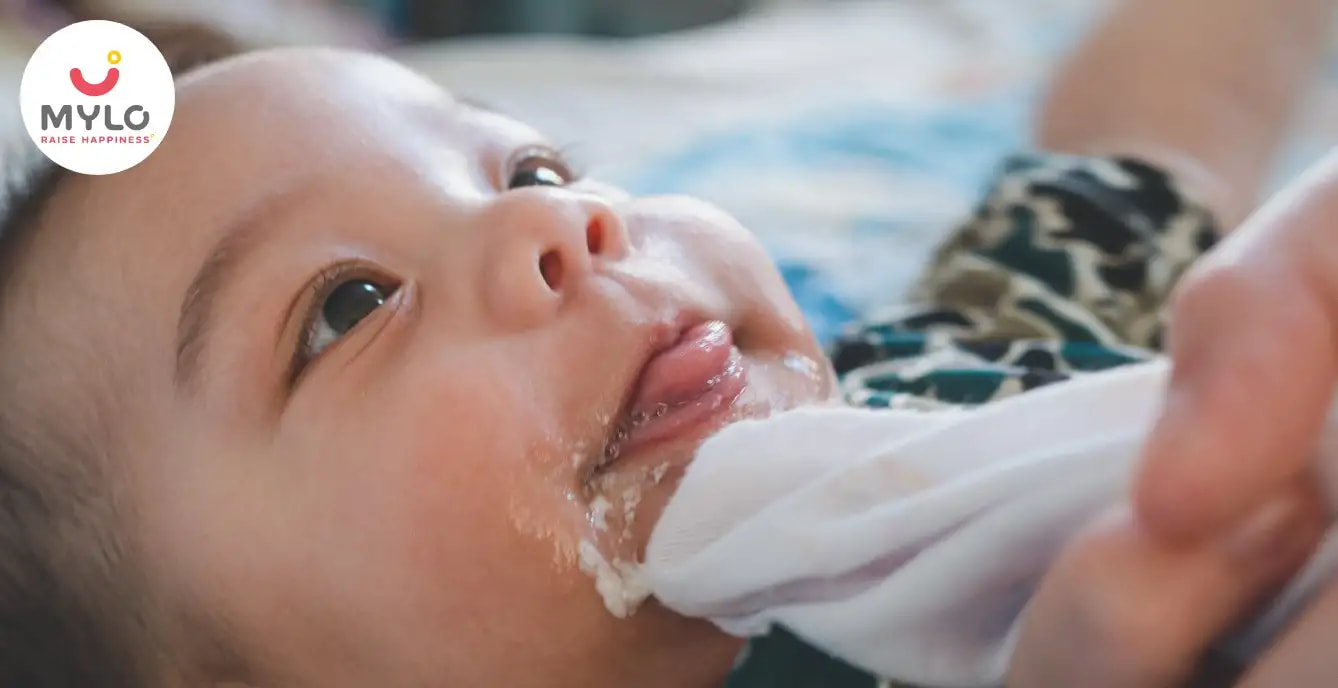Get MYLO APP
Install Mylo app Now and unlock new features
💰 Extra 20% OFF on 1st purchase
🥗 Get Diet Chart for your little one
📈 Track your baby’s growth
👩⚕️ Get daily tips

OR


Article Continues below advertisement
- Home

- Nausea & Vomiting

- Vomiting in Babies: Top 5 reasons why it happens & how you can prevent it?
In this Article
Nausea & Vomiting
Vomiting in Babies: Top 5 reasons why it happens & how you can prevent it?
Updated on 29 January 2022
Watching your baby in distress due to vomiting might give you a lot of worries. The baby’s discomfort of getting dehydrated and twisting and turning in uneasiness is one of those dreadful sights that parents never wish to see. Spitting up is normal, however, excess vomiting in infants is not at all normal. According to the experts, when the baby’s stomach muscles and esophagus is underdeveloped, they tend to gurgle out or spit out food as reflux. Sometimes you’ll even notice the milk is coming out of his/her mouth. However, when a baby vomits, h/she suffers severe discomfort because a lot of food is pushed out from the baby’s stomach. Car sickness or indigestion may trigger your baby’s internal organs and that leads to vomiting. Even when your baby cries for too long, then mucus and other liquids accompany vomits. Your little one might vomit due to bacterial illnesses and there are several other reasons which might cause vomiting in your baby:
-
Toxic substances- If your baby has by mistake swallowed anything toxic, it will hit his/her digestive system and this will result in vomiting. You must keep toxic food items, chemical substances, drugs, and supplements away from your little one.
-
Motion sickness- When your little one is traveling in a train, car, or plane, you will notice that h/she vomits after eating. This condition is commonly seen in 1-year-old babies.
-
Gag reflux due to overfeeding- Being a newbie, you might not have any idea about your baby’s feed. If accidentally you overfeed your baby h/she will tend to vomit. A baby feels uncomfortable and will vomit when his/her gag reflex is triggered after eating too much.
-
Excessive crying- Sometimes your baby cries for too long. You might not understand the reason behind it, however, your baby might feel uncomfortable due to bodily changes, wet nappy, or excessive cold or hot temperature of the room. Excessive crying may result in vomiting along with the mucus and other fluids.
-
Viral infections- When your baby is suffering from the common cold and flu, h/she is unable to throw or blow the mucus out. When the mucus travels down and touches the stomach lining, it triggers a gag reflex and this results in vomiting. Other bacterial infections like pneumonia, stomach flu, UTI (Urinary Tract Infections), meningitis, and gastroenteritis might also trigger vomiting in your baby.
Sometimes any kind of obstruction in the intestines may cause vomiting. One of the rare conditions is Pyloric Stenosis in which the important muscles that connect the stomach and intestine might get thick and this quickly pushes put all the food after every 30 minutes of a feed. Except for surgery, there is no other treatment for this rare condition. If you notice the below-mentioned symptoms in your baby, then you must immediately seek medical help:
-
Loss of appetite and fussy baby
-
Not moving much
-
Fever and diarrhea
-
Frequent vomiting
-
Lethargic
-
Dry mouth
-
Lack of tears
-
Reduction in urination
-
Unable to drink fluids
-
Swelling in the abdomen region
-
The vomit is either bright yellow, clear, or greenish
-
Less than 5 wet nappies in a day
Do not worry when you notice bile or blood in your baby’s vomit, because either you have positioned your baby incorrectly while breastfeeding or you have broken skin around the nipples. If you’ve undergone a C-sec, then chances are that your baby might suck some blood along with the mucus from the amniotic sac. Do not panic when your baby throws out some curdled milk. It happens because either your baby has swallowed air during the feed or the milk is partially digested in the baby’s tummy. Here are a few tips that’ll help you comfort your little one during vomiting:
Article continues below advertisment
-
Do not juggle your baby after feeds
-
Do not change your baby’s feed timings
-
Always keep an extra bib, hand towels, and nappies when you’re feeding your baby
-
Gently hold your baby after the feed and wait for him/her to take a burp
-
Do not shake the baby or throw him/her up in the air immediately after the feed
-
Do not change the formula milk without asking a pediatrician
-
Give your baby medicine for vomiting that is prescribed by a doctor only
-
Comfort your child by gently rubbing the back of the baby and do not panic
Here are a few tips that will help you in preventing your baby from vomiting after feeding:
-
No solid food
-
Give water
-
Make your baby sit upright
-
Burp your baby
-
Feed smaller portions
-
Continue breastfeeding
-
BRAT Diet if prescribed by a doctor
If your baby vomits too often, in spite of following the above advice, do consult your pediatrician for further investigation.



Written by
Priyanka Verma
Priyanka is an experienced editor & content writer with great attention to detail. Mother to an 11-year-old, she's a ski
Read MoreGet baby's diet chart, and growth tips

Related Articles
Related Topics
RECENTLY PUBLISHED ARTICLES
our most recent articles

General Father
Comfort your partner about pregnancy changes
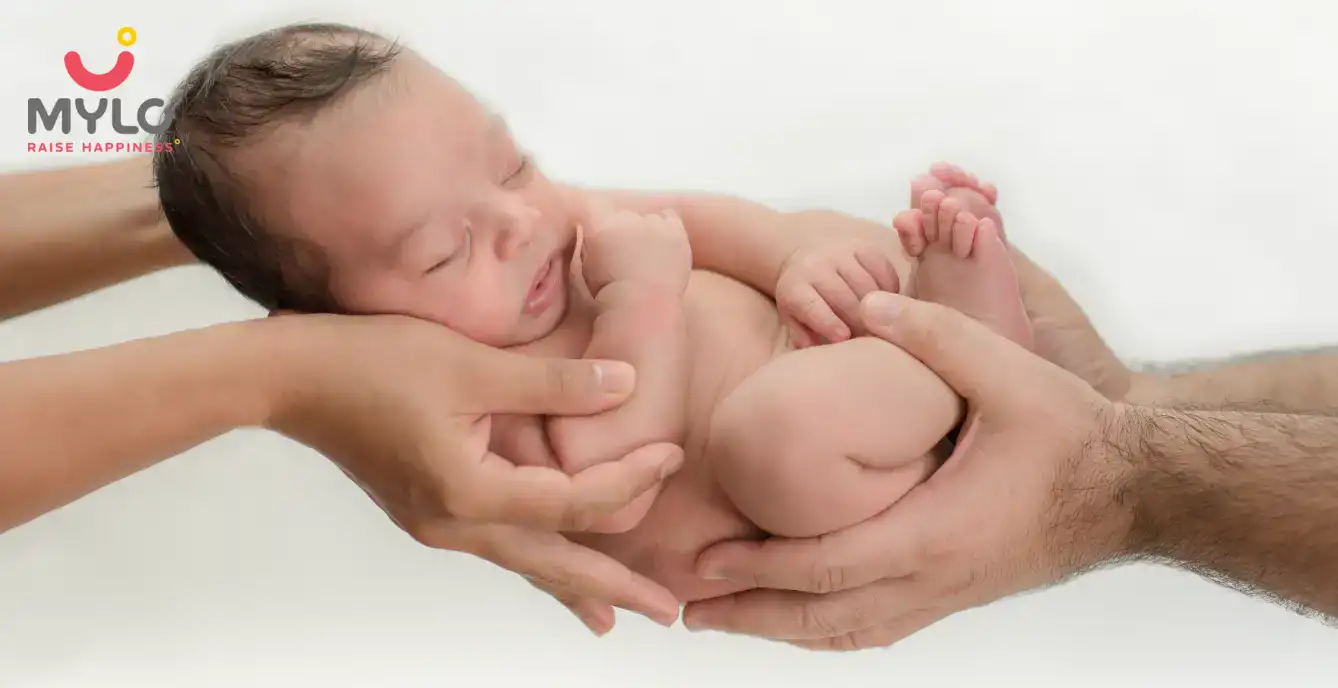
General Father
How To Be A Supportive Husband To Your Partner During Childbirth

General Father
Top travel tips you must consider for experiencing an unforgettable Babymoon
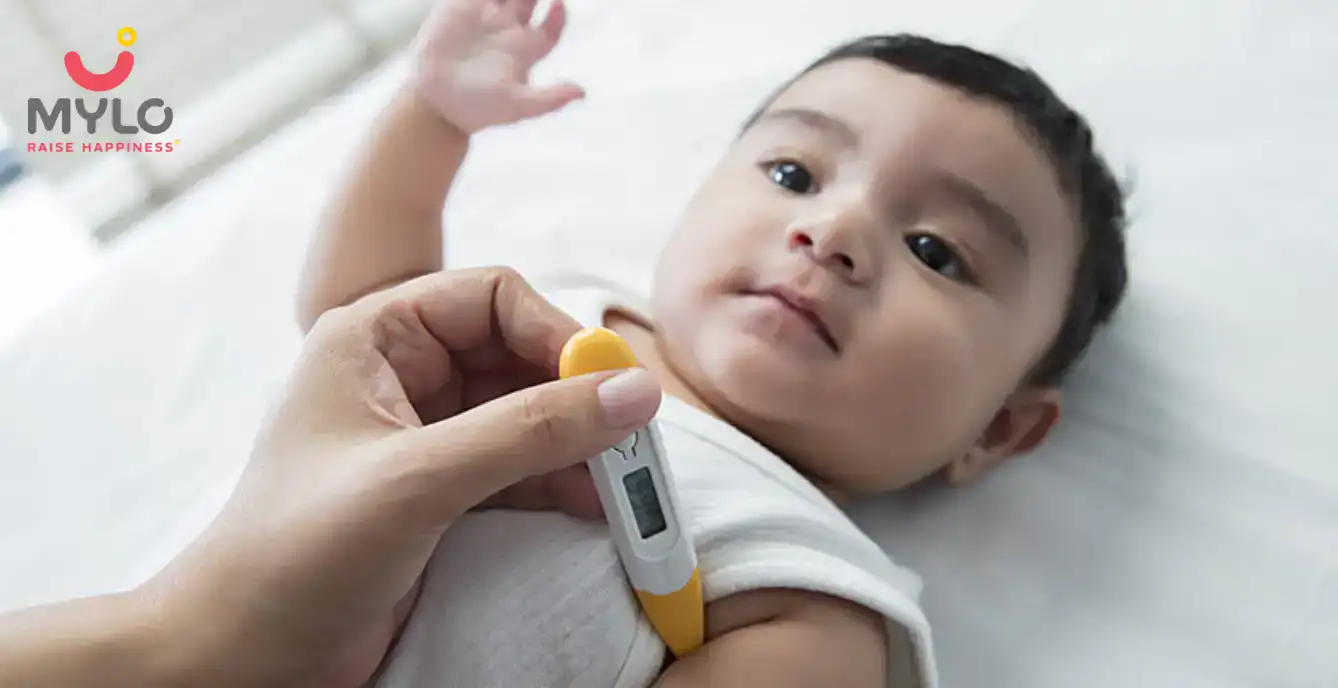
Immune System
Difference between viral infection and bacterial infection and what to do if your kid catches one
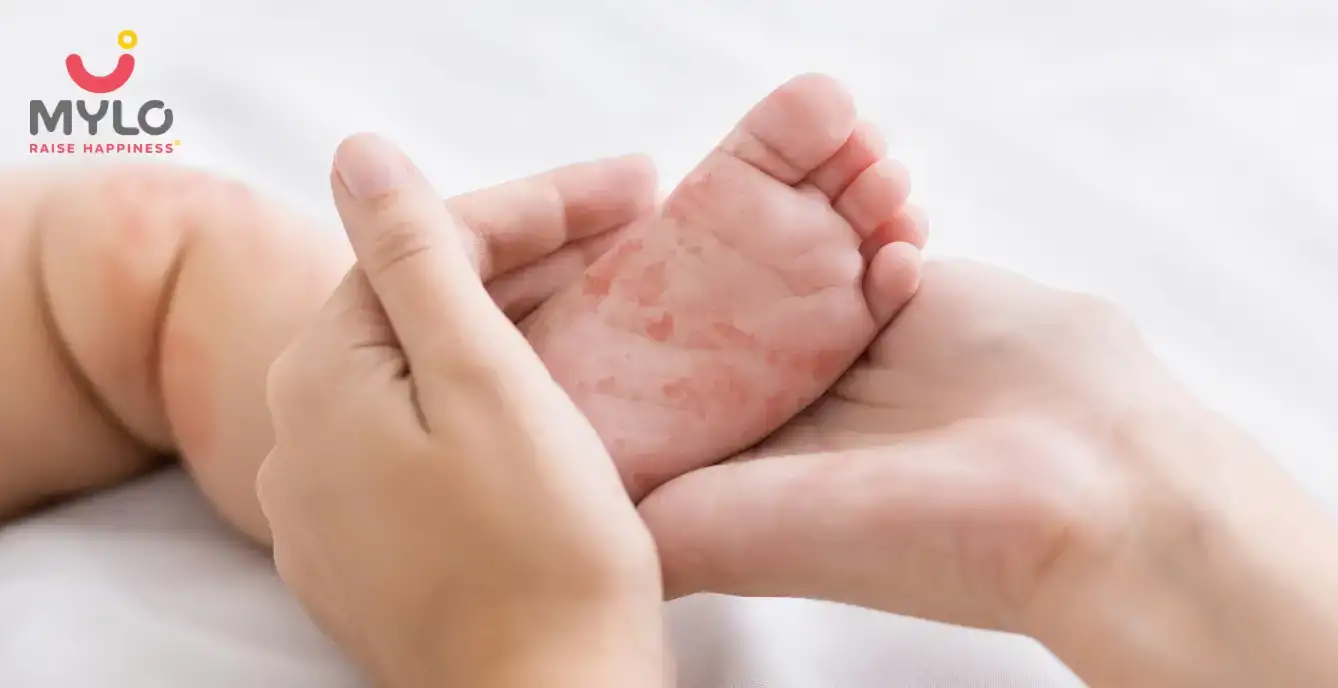
Illnesses & Infections
What to do if my child has measles?
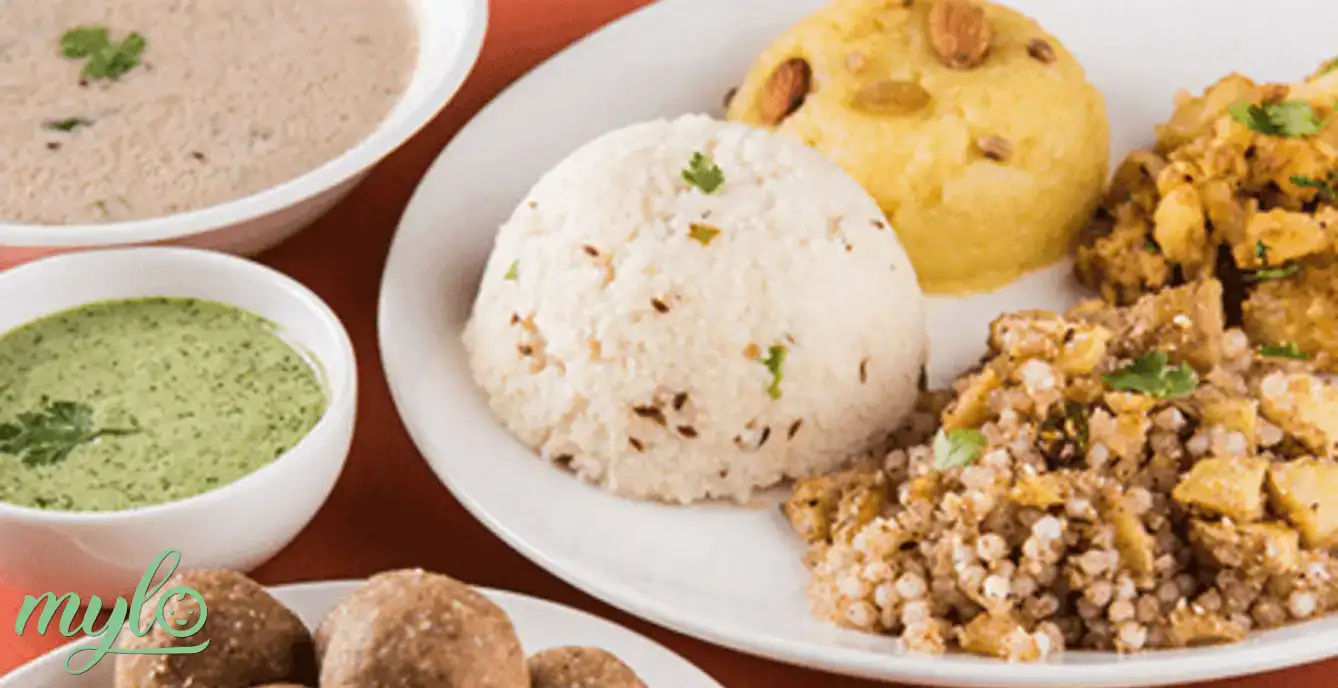
Fasting
Pregnant ladies and new moms: what to eat and what not to eat while fasting in Navratras
- Choosing the right toys for the right age
- Caring for a baby with Down syndrome
- Wondering how long should you be tracking your baby's feed? We will help you
- Co-Parenting? Here’s What You Should Be Doing
- Age-Appropriate Toys for Your Little One
- How To Prepare To GO Back To Work After Paternity Leave
- my story....You must read those who are sufferings problems from in-laws families and husband
- Ensure that your home is safe for your baby
- Opting for a water birth? Here's what you need to know
- Tips for New Dads to Make Friends with Other Fathers
- Are You a Millennial Parent? Find Out
- How to Choose a Gynaecologist for Your Pregnant Wife?
- Wheezing in toddlers: How to treat?
- How can steam inhalation help my baby's blocked nose?


AWARDS AND RECOGNITION
Mylo wins Forbes D2C Disruptor award
Mylo wins The Economic Times Promising Brands 2022
AS SEEN IN
















At Mylo, we help young parents raise happy and healthy families with our innovative new-age solutions:
- Mylo Care: Effective and science-backed personal care and wellness solutions for a joyful you.
- Mylo Baby: Science-backed, gentle and effective personal care & hygiene range for your little one.
- Mylo Community: Trusted and empathetic community of 10mn+ parents and experts.
Product Categories
baby carrier | baby soap | baby wipes | stretch marks cream | baby cream | baby shampoo | baby massage oil | baby hair oil | stretch marks oil | baby body wash | baby powder | baby lotion | diaper rash cream | newborn diapers | teether | baby kajal | baby diapers | cloth diapers |



